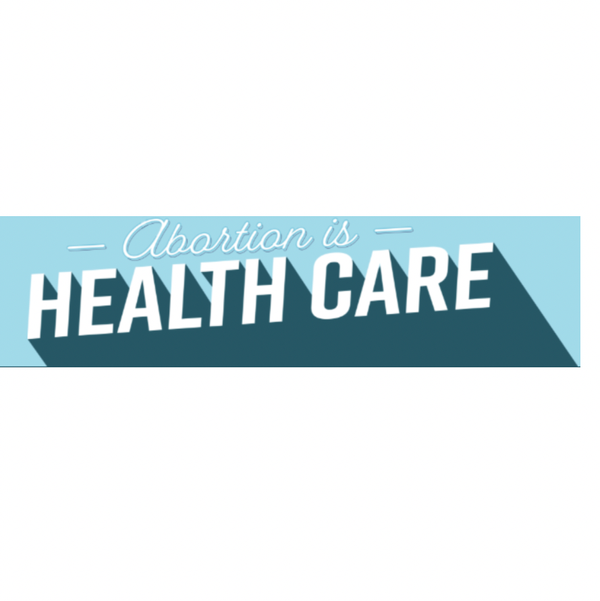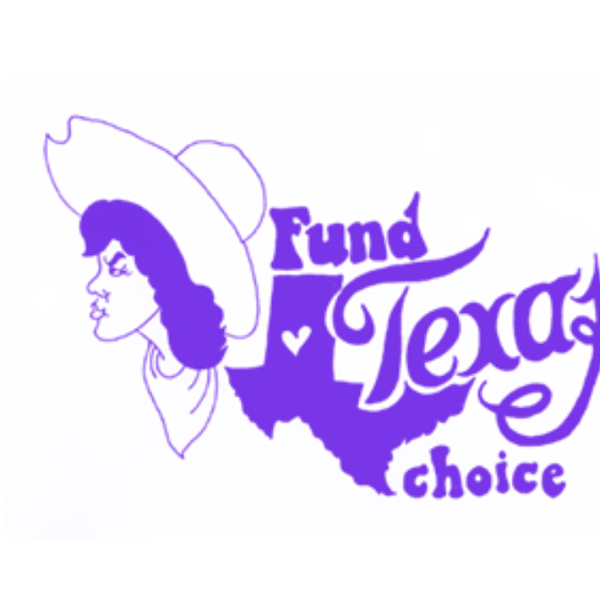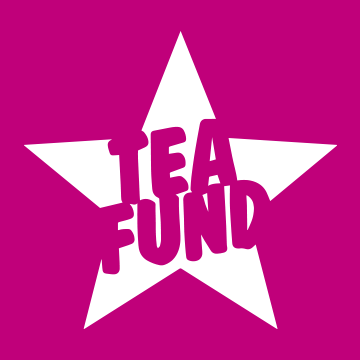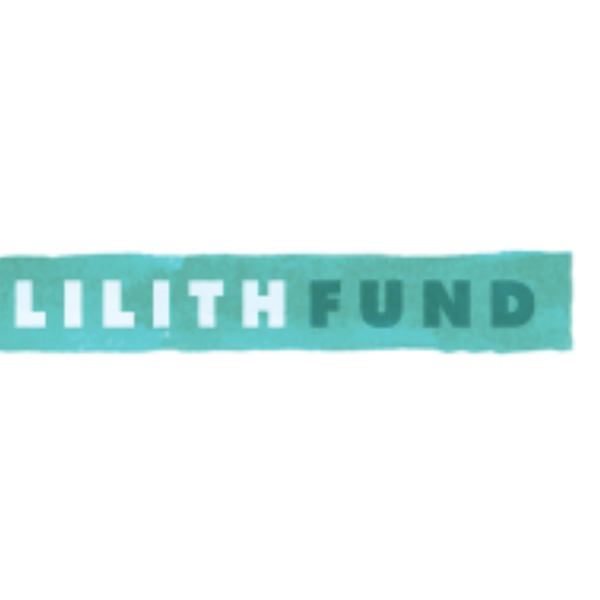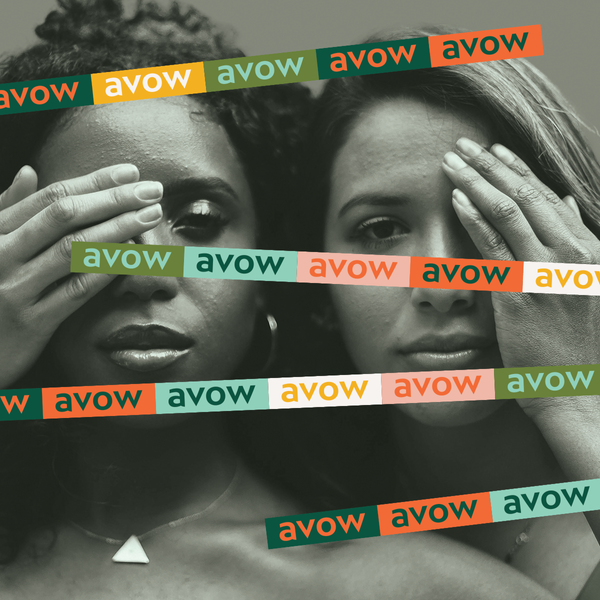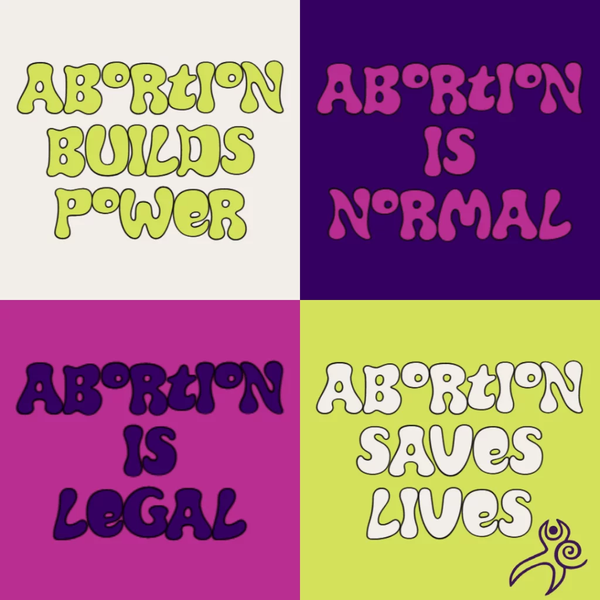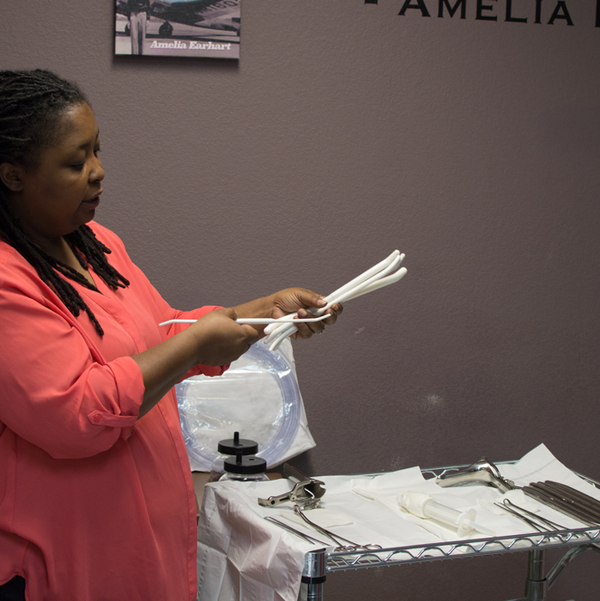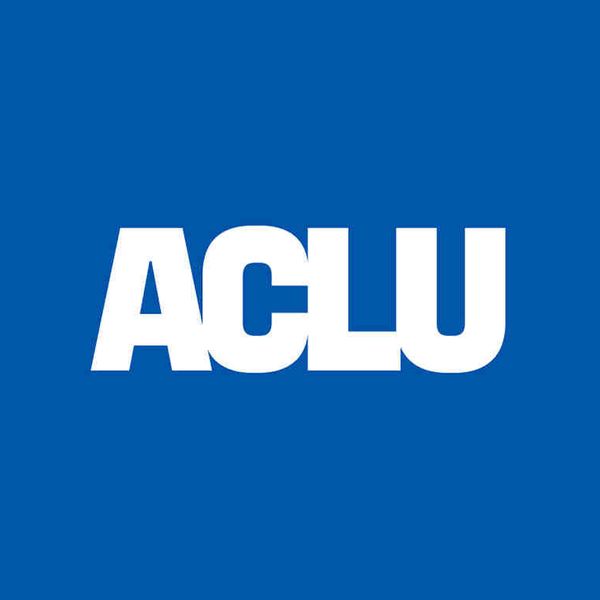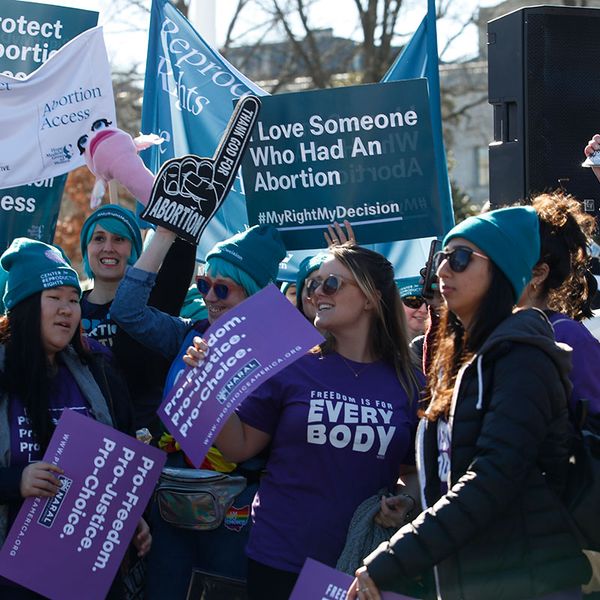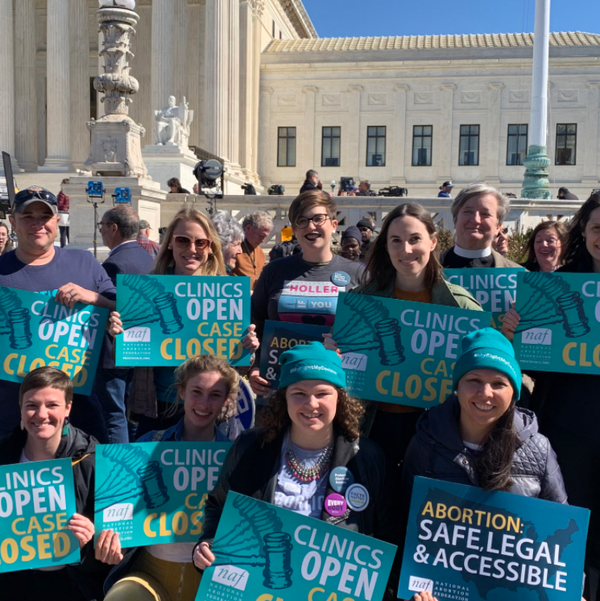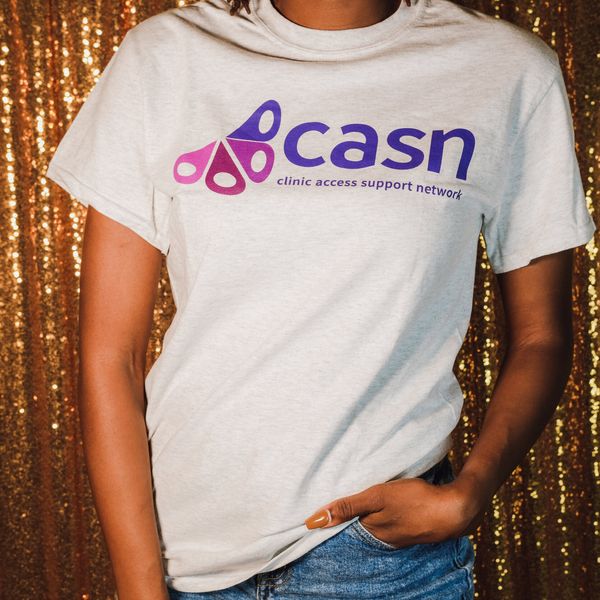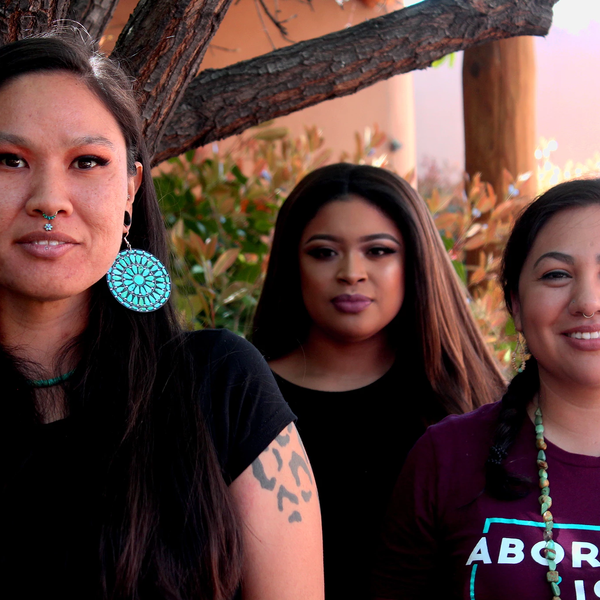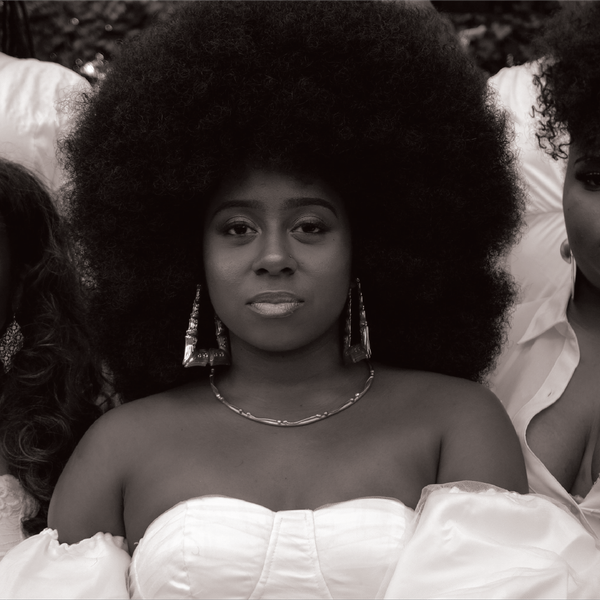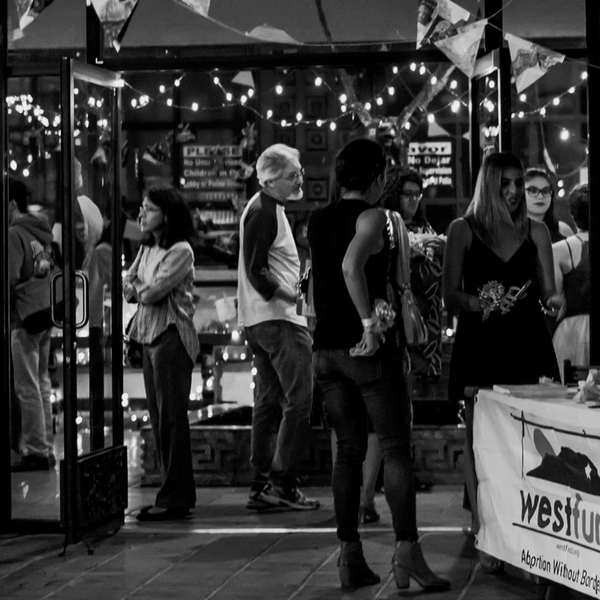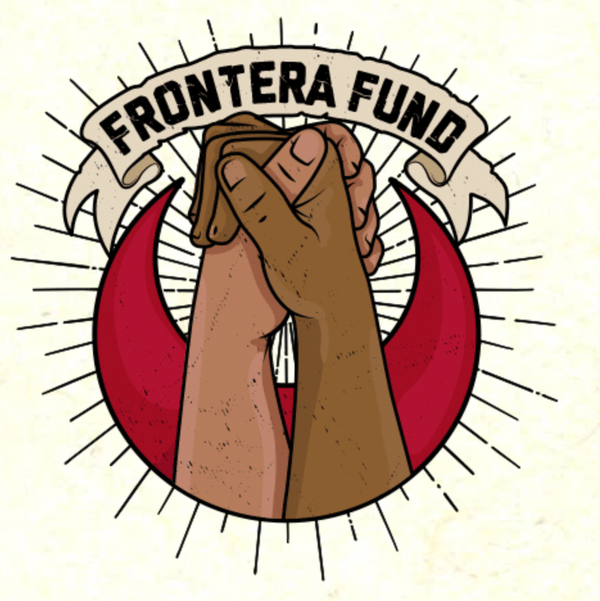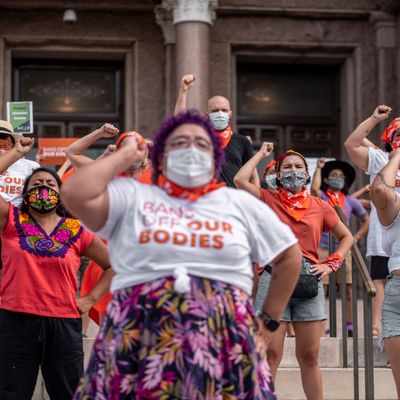
In Texas, it’s now illegal to get an abortion after the first signs of a fetal heartbeart, which amounts to around six weeks, or about two weeks after a missed period. The law, officially titled Senate Bill 8, went into effect on Wednesday when the Supreme Court refused to block it. It also allows private citizens to sue abortion providers (and anyone they suspect of aiding someone get an abortion). This is now the most restrictive anti-abortion legislation in the country.
Reproductive-rights activists have long warned about the rise of abortion bans; the Supreme Court is set to hear a Mississippi case challenging Roe v. Wade next year. Shae Ward, the hotline director of the Lilith Fund for Reproductive Equity, the oldest abortion fund in Texas, told the Cut: “It’s sad and heavy when you think of all the Texans that are going to have to struggle even more just to get care. I feel like what we’ve been focusing on is, what are our options? How can we comply with the law and still make sure that people can get seen?” Ward suggests those interested in supporting abortion care in the state should donate to clinics, funds, and other community organizations.
Similar to other lists we’ve compiled on how to help with Haitian earthquake relief and give back to Asian communities, the following are organizations that are fighting for abortion access in Texas.
If you’re wanting to make one donation and have it split between different nonprofits and organizations, you can donate through ActBlue. It automatically splits contributions evenly between the Bridge Collective, Clinic Access Support Network, Whole Woman’s Health Alliance, Inc., Texas Equal Access Fund, West Fund, the Lilith Fund, Support Your Sistah at the Afiya Center, Frontera Fund, Fund Texas Choice, and Jane’s Due Process (more on them below). There’s also an option to customize how much money goes to each charity.
The Dallas-based nonprofit Fund Texas Choice assists Texas residents with lodging and transportation expenses to abortion clinics in and out of state. It also provides information on organizations that can help with funding the procedure.
Texas Equal Access Fund provides funding to low-income people in the north, east, and Panhandle regions of Texas who can’t afford an abortion. It also offers emotional support through a confidential text line, support group, and virtual clinic companion program.
The Lilith Fund, an Austin-based nonprofit, provides direct financial assistance to Texans in central and southern regions of the state who need an abortion. It also offers an emotional-support hotline.
Avow (which was previously NARAL Pro-Choice Texas) fights for abortion rights through community building, education, and political advocacy. The Avow Foundation funds research, public education, organizing, and more to educate Texans on the importance of abortion access.
Jane’s Due Process helps young Texans navigate parental-consent laws and confidentially access abortion and birth control. It offers Texas teens and young people free legal support, one-on-one case management, and a text line for those needing information on birth control and family-planning services without parental involvement.
Whole Woman’s Health is an independent abortion provider that has gone to the Supreme Court multiple times to fight for abortion access in Texas. It has clinics across central and north Texas, as well as in four other states. It also provides services to the nonprofit organization Whole Woman’s Health Alliance (WWHA), which seeks to open abortion clinics in parts of the country most impacted by anti-abortion legislation.
Stigma Relief Fund (SRF) is an abortion fund for anyone who seeks abortion care at Whole Woman’s Health. It provides financial support to those who can’t afford the cost of an abortion. This fund also goes toward the cost of travel, lodging, food, and other costs associated with abortion care.
The Bridge Collective serves central Texans by offering transportation to abortion clinics for people within 100 miles of Austin. It also provides free reproductive-health resource kits to those who are within 30 miles of Austin. The kits include Plan B, pregnancy tests, condoms, and information on sexual and reproductive health.
Plan C provides information on how to get access to abortion pills online and other at-home abortion options. Its website has a state-by-state search tool that offers information on different ways to get pills, any potential legal risks based on your area, and resources for other organizations that offer medical, legal, or emotional support. Donations directly support its research, pilot projects, and communications campaigns.
The ACLU represented the plaintiffs in the case to fight for abortion access in Texas, and it was one of the many groups that requested the Supreme Court block S.B. 8. While the abortion ban remains in effect, it is continuing to defend plaintiffs and fight to block the law.
The Center for Reproductive Rights is the only global legal-advocacy organization dedicated to reproductive rights. Its counsel represented providers in the case against the abortion ban, and it filed the emergency request to the Supreme Court to block S.B. 8. Donations fund the legal work it provides to protect reproductive rights across the world.
Planned Parenthood is the largest single provider of reproductive and sexual health care in the country. It currently has 11 abortion-providing clinics in Texas. Along with Whole Woman’s Health, it was another plaintiff in the case suing to block S.B. 8.
The Buckle Bunnies Fund is one of the most recently established organizations on our list. Founded in 2020, the organization helps fund abortion access across Texas — those interested can request funding for the procedure through a form.
The National Abortion Federation counts abortion providers, including independent clinics and physicians’ offices, health professionals, and pro-choice organizations, as members. The federation works with providers to keep patients and staff safe through things like security assessments. It currently has its own fund to donate to abortion providers.
The Clinic Access Support Network, or CASN, was founded after another Texas law forced many of the state’s abortion clinics to close. The network relies on volunteers who drive those in need of abortion care. Along with transportation, the organization arranges meal stipends, accommodations, and child-care assistance for those it helps, too.
Indigenous Women Rising (IWR) started in 2014 to bring attention to Indigenous women who relied on Indian Health Services for health care being denied access to Plan B. The group has its own abortion fund that’s open to all Indigenous folks in the U.S. and Canada who are seeking one. The fund also helps with food, gas, and child-care costs.
The Afiya Center, or TAC for short, is a reproductive-justice organization in North Texas that provides refuge, education, and other resources to Black women. The center has its own “economic enrichment campaign” focused on funding projects for women of color living with HIV/AIDS (and those at risk). It also supports programs that are providing abortion access in the state.
West Fund says it’s completely run by volunteers and funded by donors. The organization works with clinics in El Paso and helps fund individuals in need of abortion care. It also has a separate hotline that Spanish speakers can call for support.
Frontera Fund works to make abortion accessible across the Rio Grande Valley, providing financial assistance regardless of immigration status or gender identity. It usually funds anywhere between $100 and $600 of abortion costs and sends a voucher to a clinic with your name and appointment information.
The Strategist is designed to surface the most useful, expert recommendations for things to buy across the vast e-commerce landscape. Some of our latest conquests include the best acne treatments, rolling luggage, pillows for side sleepers, natural anxiety remedies, and bath towels. We update links when possible, but note that deals can expire and all prices are subject to change.
